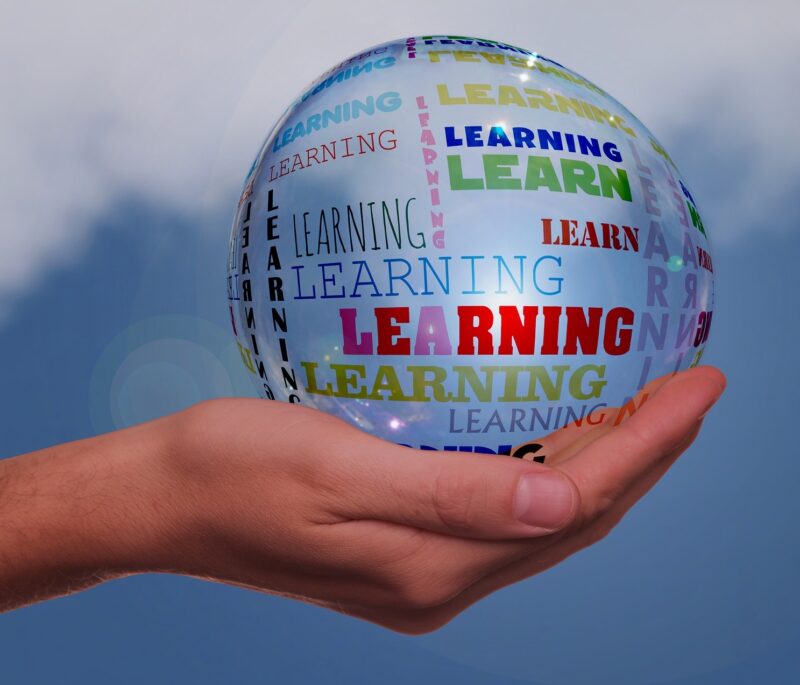
Challenge Success partners with schools, families, and communities to embrace a broad definition of success and to implement research-based strategies that promote student well-being and engagement with learning. Read more >>
Request an Appointment
English: 650.688.3625
Medi-Cal: 650.688.3650

Challenge Success partners with schools, families, and communities to embrace a broad definition of success and to implement research-based strategies that promote student well-being and engagement with learning. Read more >>

Grit: The Power of Passion and Perseverance
Leaving a high-flying job in consulting, Angela Lee Duckworth took a job teaching math to seventh graders in a New York public school. She quickly realized that IQ wasn’t the only thing separating the successful students from those who struggled. Read more >>

14 Must-Have Life Skills for Teens
If you’re wondering how your teen will survive on their own, don’t worry too much — chances are your child is a lot more capable than you think. Even so, now is a good time to teach your teen a Read more >>

A Fit Over Rankings: Why College Engagement Matters More Than Selectivity [downloadable]
The college admissions process can often be a top source of stress and anxiety for students. While many schools, counselors, and parents encourage students to focus on finding the “right fit” college, this advice can be difficult to follow without Read more >>

Working Memory: The Engine for Learning
Individuals with traumatic brain injury, deafness, oral language deficits or genetic disorders such as Down Syndrome are also more likely to have weak working memory. The purpose of this fact sheet is to describe the function of working memory, discuss Read more >>

Helping Middle School Students Get Ready for High School [presentation]
Is your child transitioning to high school this year? Learn more about valuable aspects of a successful transition for your child in the move from middle school to high school. Read more >>

Teaching Executive Functioning Skills in the Elementary Classroom [presentation] [downloadable]
This workshop for educators introduces multiple options for cultivating executive function skills within the framework of the Universal Design for Learning (UDL). Using subject-specific case studies, participants will develop plans that incorporate developmentally appropriate Executive Function strategies to increase student Read more >>

Movement And Breathing Breaks Help Students Stay Focused On Learning
For many kids, sitting still all day in school is a big challenge, which is why movement breaks are good practice, whether it’s in elementary school or high school. Additionally, learning science shows us that movement activates the brain and Read more >>

Turning the Tide II: A Report on Character and the College Admissions Process [downloadable]
Three years in the making, Turning the Tide II: How Parents and High Schools Can Cultivate Ethical Character and Reduce Distress in The College Admissions Process, a report published by the Making Caring Common project at the Harvard Graduate School of Education Read more >>

The Frenzied College Admission Race is Making Our Children Sick
The news stories about parents bribing their children’s way into selective colleges is deeply unsettling on many levels, but there is—potentially—one small silver lining. These stories shine a light on what has become endemic among today’s affluent youth and their Read more >>
English: 650.326.5530 | Español: 650.688.3650 | Fax: 650.688.3669
English: 650.326.5530
Español: 650.688.3650
Fax: 650.688.3669
English: 650.668.3625 | Español: 650.688.3650 | careteam@chconline.org
English: 650.668.3625
Español: 650.688.3650
careteam@chconline.org
© 2024 Children’s Health Council. All rights reserved.
CHC Palo Alto: 650 Clark Way, Palo Alto, CA 94304 | 650.326.5530
CHC South Bay: 2280 Kenwood Avenue, San Jose, CA 95128 | 408.831.7512
CHC Ravenswood: 1765 E Bayshore Rd, East Palo Alto, CA 94303 | 650.702.2487
CHC Palo Alto:
650 Clark Way, Palo Alto, CA 94304
650.326.5530
CHC South Bay:
2280 Kenwood Avenue, San Jose, CA 95128
408.831.7512
CHC Ravenswood:
1765 E Bayshore Rd, East Palo Alto, CA 94303
650.702.2487